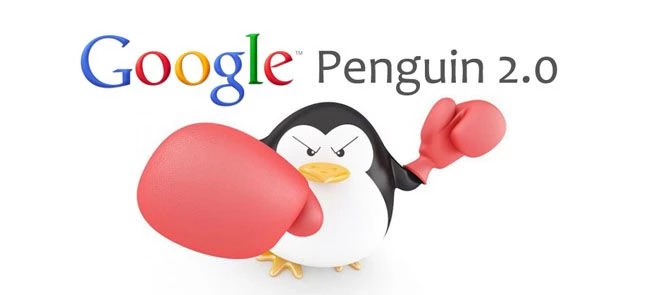
Partner Article
Penguin 2.0 Goes Live
A few weeks ago we talked about the upcoming changes coming to Google in the form of the Penguin 2.0 update. As of May 22nd, that update has become a reality and is already influencing search results. So it’s time to take a closer look at the latest incarnation of Penguin and what it means for webmasters.
According to Google Head of Webspam Matt Cutts: “The rollout is now complete. About 2.3% of English-US queries are affected [by Penguin 2.0] to the degree that a regular user might notice. The change has also finished rolling out for other languages world-wide. The Scope of Penguin varies by language e.g. languages with more webspam will see more impact.”
The update is in fact the fourth alteration of the Penguin algorithm, but this one has been dubbed ‘2.0’ by Google because it is in actual update, rather than just a ‘data refresh’. So what specifically has the update done?
Google targets online ne’er-do-wells
As is to be expected, Google has kept the specific details about Penguin 2.0 closely under wraps, but Matt Cutts has previously said that it would be more comprehensive in tackling webspam and ‘black hat’ SEO tactics than its predecessor, and would affect more websites. As such it’s likely to be targeting the same things as its predecessor (but to a greater and deeper degree) including:
Keyword stuffing – Using the same keywords over and over in content to the extent that it impacts on the readability of the piece.
Link schemes – Links specifically intended to manipulate the search engine algorithms into ranking pages higher. In essence, links that are artificially constructed or paid for, rather than earned organically.
Duplicate content – Content which is simply lifted from elsewhere on the web or even your own site.
Avoid being bitten by the Penguin
Early research by SearchMetrics shows that the biggest losers from Penguin 2.0 so far include games sites and porn websites, but big brands like the Salvation Army have also been affected.
The simplest way to ensure that you’re not negatively affected is to ensure that you don’t engage in black hat tactics that Google sees as dishonest and unhelpful to its users. Instead, focus on creating useful, engaging content which is of a high quality and will naturally attract links, and hence drive web traffic.
This was posted in Bdaily's Members' News section by Jon Celeste .
Enjoy the read? Get Bdaily delivered.
Sign up to receive our daily bulletin, sent to your inbox, for free.








 Restoring confidence for the economic road ahead
Restoring confidence for the economic road ahead
 Ready to scale? Buy-and-build offers opportunity
Ready to scale? Buy-and-build offers opportunity
 When will our regional economy grow?
When will our regional economy grow?
 Creating a thriving North East construction sector
Creating a thriving North East construction sector
 Why investors are still backing the North East
Why investors are still backing the North East
 Time to stop risking Britain’s family businesses
Time to stop risking Britain’s family businesses
 A year of growth, collaboration and impact
A year of growth, collaboration and impact
 2000 reasons for North East business positivity
2000 reasons for North East business positivity
 How to make your growth strategy deliver in 2026
How to make your growth strategy deliver in 2026
 Powering a new wave of regional screen indies
Powering a new wave of regional screen indies
 A new year and a new outlook for property scene
A new year and a new outlook for property scene
 Zero per cent - but maximum brand exposure
Zero per cent - but maximum brand exposure